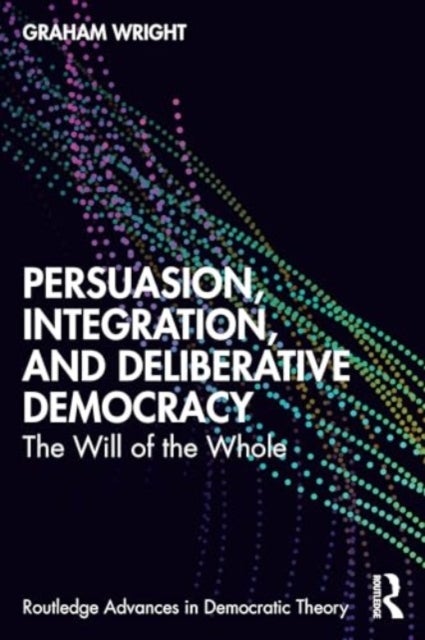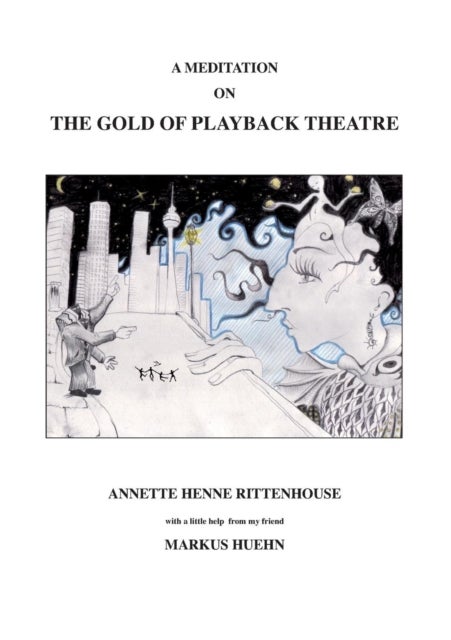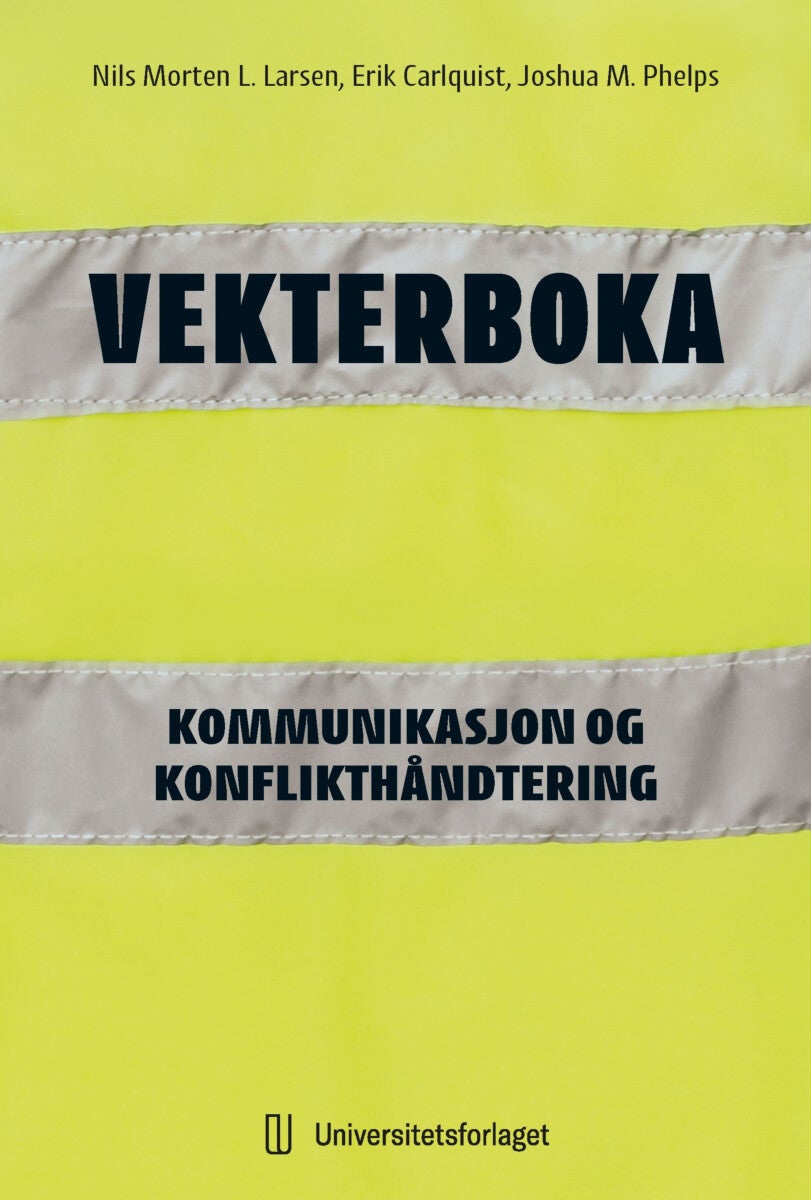
Persuasion, Integration, and Deliberative Democracy av Graham Wright
479,-
<p>It is easy to be in favor of a government that reflects the will of people you like. It is more difficult to be in favor of a government that reflects the will of people you hate. But this is precisely what democracy requires of us. And one of the most serious threats facing democracy today, in the United States and around the world, is the discomfort that many citizens feel towards this core democratic principle: that even those citizens we think of as evil, deluded, or simply wrong should still be allowed a say in what their own government does.</p><p>Perhaps the best hope of resolving this tension can be found in the idea of deliberative democracy, which sees a particular form of non-coercive dialogue as an <i>essential</i> component of democratic governance. But in this book, Graham Wright argues that the traditional approach to deliberation through <i>persuasion</i> faces serious challenges that may limit its potential in exactly the situations when the threats to democracy are








